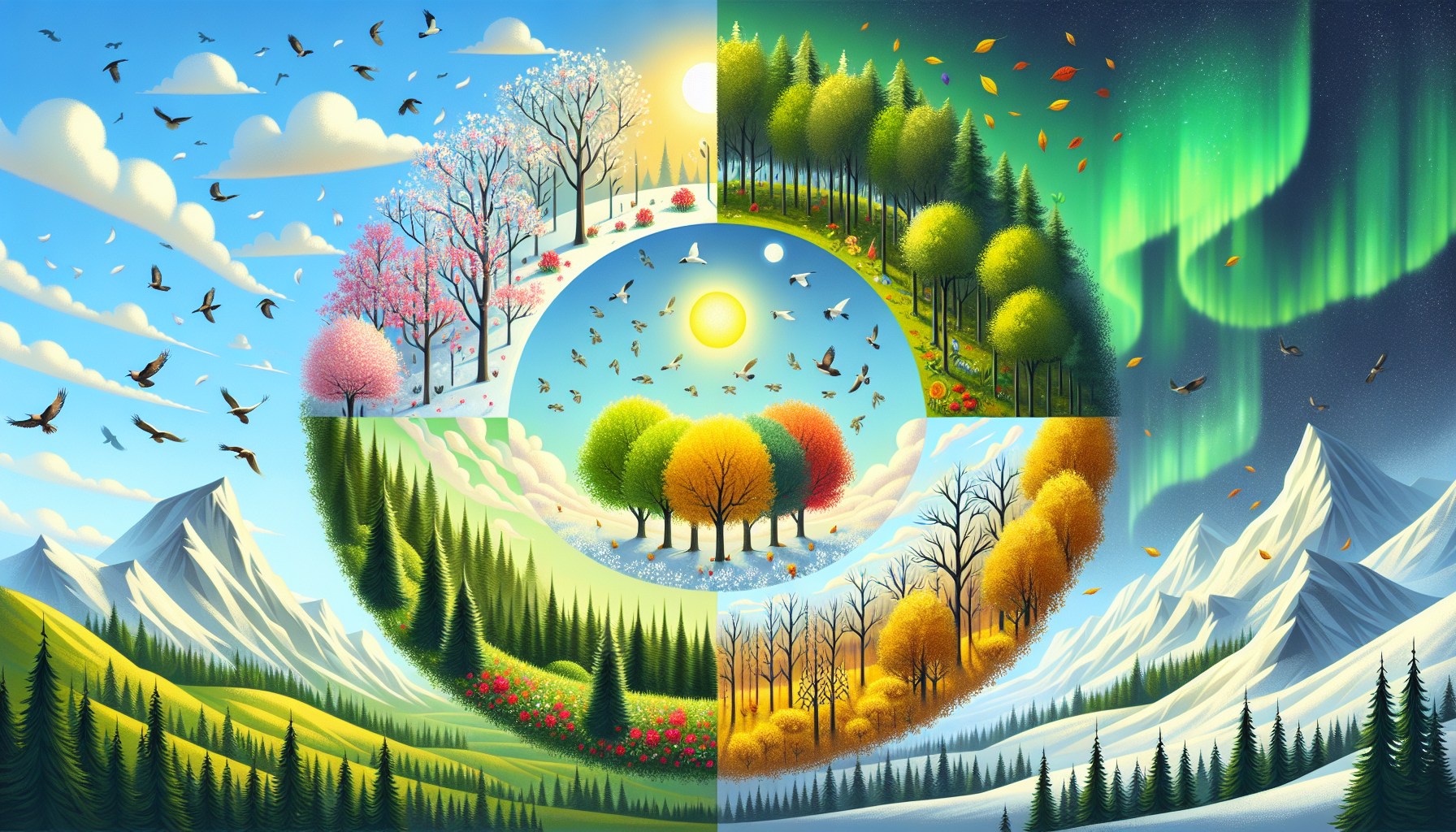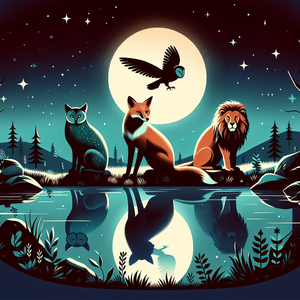The Sweetest Oddity: An Article on a Honey Sommelier Who Loathes Even Numbers

For many professionals, the road to their dream job is often winding, but few journeys are as unique as that of our honey sommelier. Their fascination with honey began as a child, watching bees flit from flower to flower in their backyard. This early interest grew into a lifelong curiosity about the natural world, particularly the golden nectar that bees produce. With time, they discovered that not all honey is created equal. They learned that the taste of honey varies depending on the flowers visited by the bees, the region it comes from, and even the season of harvest. This discovery led them to pursue training as a honey sommelier, a profession so niche that only a handful of people worldwide hold the title. Through rigorous sensory training, they refined their palate to detect the subtlest of flavors—whether it’s the citrusy tang of orange blossom honey or the smoky undertones of chestnut honey. Yet, along this journey, their eccentric dislike for even numbers began to surface, and it soon became a defining characteristic of their work.
The Psychology Behind the Odd-Number Obsession
For this honey sommelier, the aversion to even numbers isn’t just a whimsical preference—it’s a deeply rooted aspect of their personality. While psychologists might label it as a mild form of arithmophobia or obsessive-compulsive behavior, the sommelier describes it as a love for asymmetry and unpredictability. Odd numbers, they say, have a natural vibrancy and energy that even numbers lack. This quirk is evident in everything they do. Their pantry is meticulously arranged in odd-numbered groupings, with jars of honey always purchased in sets of three, five, or seven. Even their honey-tasting events follow this rule: they present five or seven samples, never four or six. Beekeepers they collaborate with often delight in the fact that their hives are located on odd-numbered plots of land—a coincidence the sommelier considers fortuitous. While some might see this fixation as limiting or impractical, the sommelier embraces it as a source of harmony and inspiration. It’s not just a quirk; it’s a philosophy that guides their life and work.
Odd Numbers, Extraordinary Tasting
Honey tasting is an art, and for this sommelier, it’s also a ritual steeped in odd-numbered traditions. Before beginning a tasting, they take exactly three deep breaths to center themselves. They swirl the honey in their mouth for seven seconds, letting the layers of flavor unfold. Their exceptional palate allows them to detect nuances that most people wouldn’t notice. They can pinpoint whether a honey was harvested in spring or fall based on its floral notes or identify the exact variety of flower that contributed to its flavor profile. This remarkable skill has made them a sought-after consultant for artisanal honey brands, high-end restaurants, and even culinary schools. Their odd-number obsession even extends to the way they describe honey. A sample of wildflower honey might be said to have “three distinct layers of flavor: a bright floral opening, a creamy mid-palate, and a slightly tart finish.” For the sommelier, this rule of three adds a poetic structure to their tasting notes, making them as memorable as they are precise.
Eccentricity as a Selling Point
In a world where standing out is key to success, the honey sommelier’s odd-number fixation has become a signature feature of their brand. They’ve embraced their eccentricity, turning what some might see as a limitation into a strength. Their personal brand has attracted media attention, a loyal client base, and a dedicated social media following. Fans love to engage with their quirks, often sending gifts like odd-numbered sets of honey jars or handcrafted spoons adorned with the number seven. At public events, attendees eagerly look for clues to their odd-number obsession—whether it’s the number of jars on display or the arrangement of chairs on stage. This eccentricity makes them more than just a honey expert; it makes them a memorable and relatable figure in a niche industry. In a field where technical expertise is a given, it’s their personality that truly sets them apart.
The story of this honey sommelier is a celebration of individuality and the power of embracing one’s quirks. Their odd-number obsession, far from being a hindrance, has become a defining feature of their artistry and success. It’s a reminder that our unconventional traits, when embraced, can become our greatest strengths. In their world, honey isn’t just a substance to be tasted and analyzed—it’s a medium for storytelling, creativity, and self-expression. So, the next time you drizzle honey over your morning toast, pause for a moment to appreciate the artistry, eccentricity, and perhaps even the odd-numbered rituals that might have shaped its journey to your table. After all, life, like honey, is all the sweeter for its imperfections.
Flavor Chemist (Sensory Scientist)
Food science labs, beverage companies, and confectionery brands
Responsibilities
Develop and refine natural or artificial flavor profiles for food and beverage products.
Conduct sensory evaluations to identify subtle flavor notes and ensure product consistency.
Collaborate with R&D teams to create innovative flavors tailored to consumer preferences.
Unique Skill
Advanced knowledge of organic chemistry and a highly trained palate.
Artisanal Product Consultant
Specialty food brands, boutique marketing agencies, or self-employed
Responsibilities
Advise niche brands (e.g., honey, cheese, wine) on positioning, storytelling, and marketing strategies.
Craft compelling product narratives that highlight the craftsmanship and uniqueness of offerings.
Host tastings, workshops, or events to educate consumers on artisanal goods.
Unique Skill
Expertise in sensory-driven branding and a knack for blending storytelling with product knowledge.
Agricultural Sustainability Specialist
NGOs, government agencies, or sustainability consultancies
Responsibilities
Partner with local farmers or beekeepers to promote sustainable practices in crop or honey production.
Analyze environmental impact and develop strategies to improve biodiversity and soil health.
Advocate for artisanal, eco-friendly products through certifications and public outreach.
Unique Skill
Deep understanding of agricultural ecosystems and market trends for eco-conscious consumers.
Culinary Anthropologist
Academic institutions, museums, or independent media projects
Responsibilities
Research and document the cultural significance of foods, ingredients, or culinary practices.
Collaborate with chefs, sommeliers, or artisanal producers to preserve and share culinary heritage.
Write articles, produce videos, or give lectures on the intersections of food, history, and culture.
Unique Skill
Expertise in ethnography and a passion for connecting food to cultural identity.
Luxury Food & Beverage Event Curator
Upscale event planning firms or freelance consulting
Responsibilities
Design and host premium tasting experiences, focusing on niche or artisanal products like honey, wine, or chocolate.
Collaborate with producers and chefs to create memorable sensory journeys for attendees.
Manage event logistics, from sourcing unique products to ensuring an immersive atmosphere.
Unique Skill
Exceptional attention to detail and the ability to orchestrate multi-sensory storytelling.


